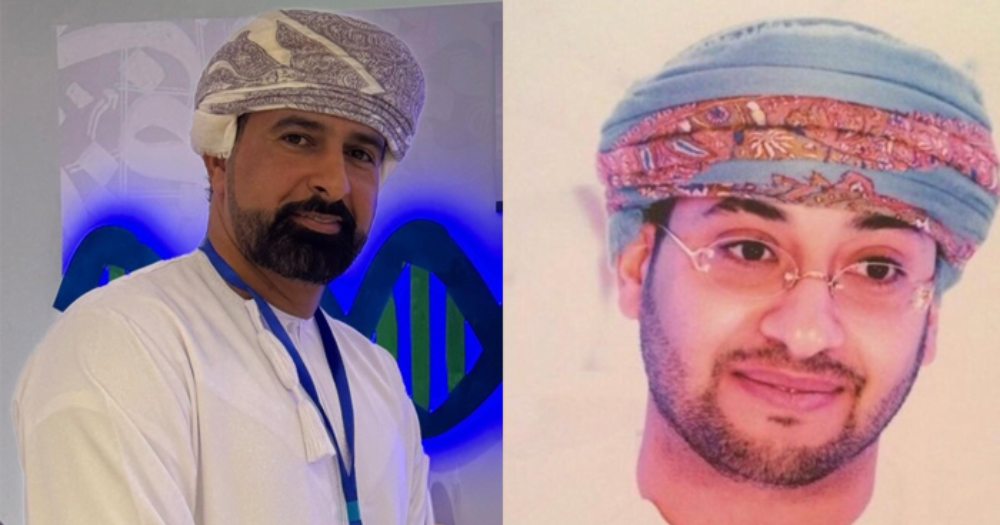Oman’s AI breakthrough in genetic heart disorder detection

In the heart of the Arabian Peninsula, a group of Omani scientists has pulled off something remarkable. They've taken a medical mystery — genetic heart disorders — and thrown artificial intelligence at it. And it's working.
Led by Dr. Ahmed Al Amri, the team from the National Genetics Centre at the Royal Hospital has built an AI model, charmingly named CardioVar, that helps decode the genetic culprits behind cardiomyopathy, a complex and often deadly heart disease. This project isn't just about algorithms and lab coats — it's about saving lives.
How does it work?
Here's the meat of it: the team used Whole Exome Sequencing (WES) — a technique that reads all the protein-coding parts of the genome — and paired it with a custom-built AI model. That model, CardioVar, sifts through over 50,000 genetic variants tied to cardiomyopathy, sorting signal from noise with the help of layered machine learning algorithms.
- Think of WES as scanning a book of life, and CardioVar as a hyper-intelligent proofreader that not only spots typos but knows which ones might cause the whole story to fall apart.
- The AI doesn't just crunch data — it interprets it, catching both well-known genetic mutations and those never before seen in connection with cardiomyopathy.
And here's the kicker: they hit a diagnostic success rate of over 80%. In the world of rare genetic disease diagnostics, that's more than solid — it's gold standard.
Why does it matter?
For one, cardiomyopathy isn't rare — it just hides well. It's a silent attacker, showing up in different forms and often leading to heart failure or sudden cardiac death if left undiagnosed. And in Oman, like in many regions, the genetic puzzle pieces of this disease weren't fitting together — until now.
With CardioVar, Omani doctors can move faster, diagnose more accurately, and even spot novel mutations that may have gone unnoticed for decades. That's not just scientific progress; that's giving families answers and options.
This matters beyond borders. What's happening in Muscat could ripple across the global medical community, especially in countries where inherited diseases carry a heavy burden but genetic diagnostics are still catching up.
As the research team puts it, the model "blends clinical knowledge, laboratory science, and artificial intelligence" — and that's exactly the kind of hybrid engine modern healthcare needs.
The context
Let's zoom out. Cardiomyopathy is a heterogeneous group of disorders — meaning it comes in many shapes and disguises. It's tough to track, even tougher to predict, and traditionally underdiagnosed. In Oman, with its unique population genetics and a lack of extensive genomic data, that challenge was doubled.
The research aimed to fill a critical gap. By studying Omani families affected by cardiomyopathy, the scientists weren't just poking around — they were building a genetic map tailored to their population. That's precision medicine at its finest: not one-size-fits-all, but one-size-fits-Oman.
And they didn't do it alone. The team spanned geneticists, clinicians, data scientists, and laboratory experts. A proper multidisciplinary crew — exactly what a challenge like this demands.
What's next? The researchers plan to expand their work to other hereditary heart conditions and fold their discoveries into routine clinical care. That's the dream: making precision diagnostics as common as a cholesterol check.
💡Did you know?
You can take your DHArab experience to the next level with our Premium Membership.👉 Click here to learn more
🛠️Featured tool
 Easy-Peasy
Easy-Peasy
An all-in-one AI tool offering the ability to build no-code AI Bots, create articles & social media posts, convert text into natural speech in 40+ languages, create and edit images, generate videos, and more.
👉 Click here to learn more


